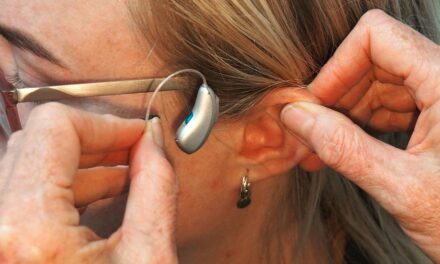New York City, January 2, 2025 – A recent study sheds light on the influence of age on surgical outcomes and patient satisfaction in breast reconstruction patients following mastectomy. The findings, published in the January issue of Plastic and Reconstructive Surgery, highlight how older age can lead to increased surgical complications and affect different aspects of post-surgical well-being.
The study, led by Minji Kim and colleagues from Memorial Sloan Kettering Cancer Center in New York City, analyzed data from 4,730 patients who underwent autologous (ABR) or implant-based breast reconstruction (IBR) after mastectomy. By examining outcomes at multiple intervals—preoperatively, six months post-surgery, and one to five years after surgery—the researchers aimed to determine how age influences both complications and patient-reported outcomes (PROs).
The analysis revealed that older patients had a higher risk of developing certain complications, including mastectomy skin flap/nipple necrosis, infections, and seromas. These complications were more pronounced among patients over a certain age threshold, suggesting that age should be a factor in pre-surgical counseling and decision-making.
On the patient-reported outcomes front, the study found that while older age was negatively correlated with the Satisfaction with Breasts domain of the BREAST-Q, it was positively correlated with Psychosocial Well-Being. This suggests that although older patients may be less satisfied with the aesthetic results of their breast reconstruction, they report higher levels of psychosocial adjustment and emotional well-being after surgery.
Interestingly, the study noted no correlation between age and the Physical Well-Being of the Chest or Sexual Well-Being domains, indicating that physical recovery and sexual health outcomes were not significantly influenced by the patient’s age.
These findings underline the importance of age as a factor in both the surgical risks and the long-term recovery and satisfaction for breast reconstruction patients. “Older patients should be informed about the potential associated risks and anticipated PROs,” said the study authors. “Surgeons and patients can use these insights to optimize postoperative satisfaction and adjust expectations accordingly.”
The study also highlighted distinct differences in complications and PRO profiles between patients who underwent ABR versus IBR, emphasizing the need for personalized approaches in breast reconstruction surgery.
The authors disclosed ties to several companies, including RTI Surgical, MirrorMe3D, Pfizer, Regeneron, Atyr, Integra, and PureTech.
For further reading: Minji Kim et al., “Age Impacts Clinical and Patient-Reported Outcomes following Postmastectomy Breast Reconstruction,” Plastic & Reconstructive Surgery (2024). DOI: 10.1097/PRS.0000000000011554.












